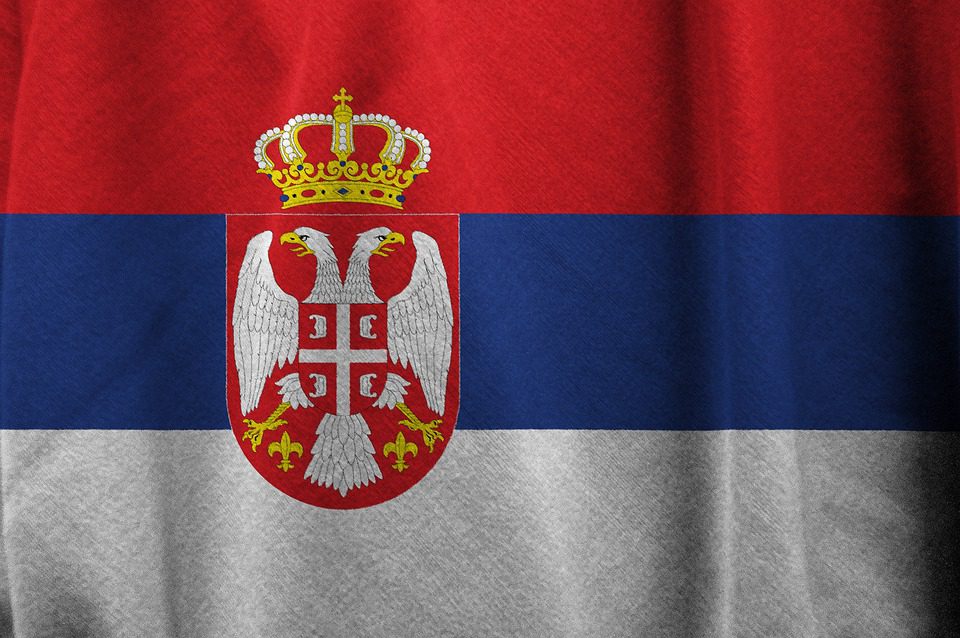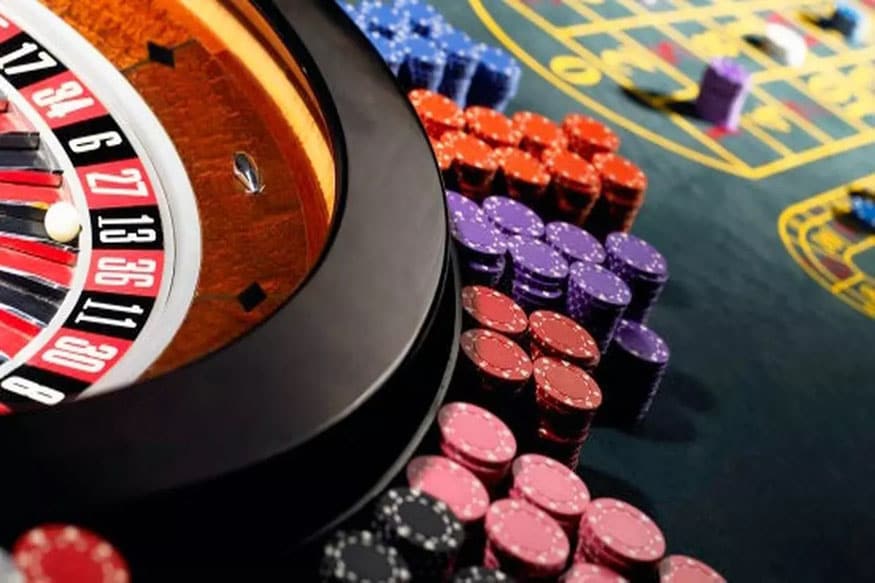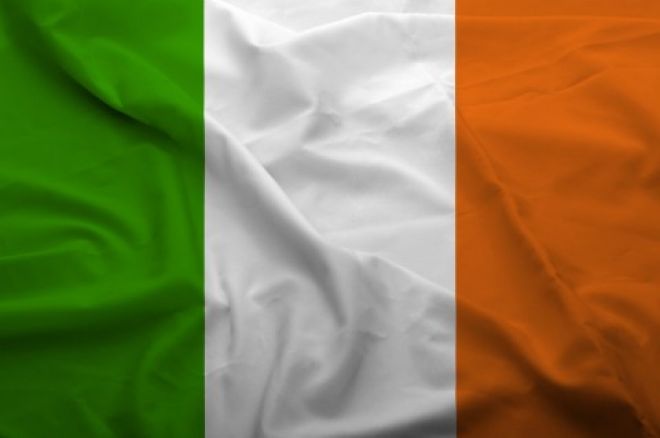Ireland Online Gambling Tax



According to RTE, Taoiseach Brian Cowen recently announced that the Government will be taxing online betting of all forms.
- Ireland does not currently place a tax on gambling winnings. Betting establishments are subject to taxes and fees that generate tens of millions of Euros for the government. There have been discussions about taxing winnings but the idea appears to have been rejected in favor of extra taxes on betting businesses.
- The newly formed Irish Government has indicated in its 'Programme for Government 2020' that it intends to 'establish a gambling regulator focused on public safety and wellbeing, covering gambling online and in person and the powers to regulate advertising, gambling websites and apps', which could result in the implementation of some of the.
- Top Ireland Online Casinos in 2020 - Our experts review the best real money casinos for Irish players. With top games, jackpots & bonuses up to € 1500!

Legislation is to be brought in which will see the introduction of licenses for overseas betting providers in order for them to be permitted to sell their products in Ireland.
Cowen said, 'This will have the additional benefit of facilitating the extension of the tax regime for the betting industry to all those providing online and telephone betting and so underpin funding for the racing industry.

Ireland (Other OTC: IRLD - news) 's stalled plan to tax online gambling has been sent to the president to be signed into law, finance minister Michael Noonan said on Thursday, clearing the way to begin imposing the levy on bookmakers this year. The new tax comes as Paddy Power (LSE: PAP.L - news.
“Such betting must be brought within the tax net, not just because it will increase revenue, but also because it will mean that those currently not contributing to securing the future of important indigenous industries will now make that contribution.”
Ireland Online Gambling Tax Rates
Last year, Minister for Sport Martin Cullen threatened to ban online poker and gambling in Ireland if bookmakers did not pay more money to the Exchequer for the Horse and Greyhound Racing Fund. This tax alternative could now be seen by some as the lesser of two evils.